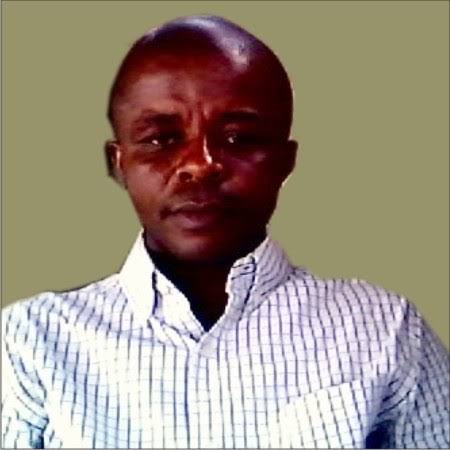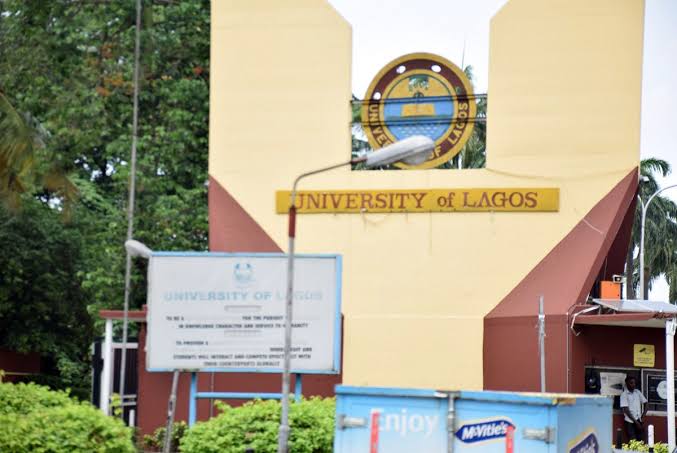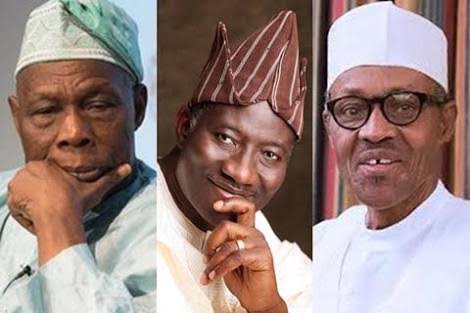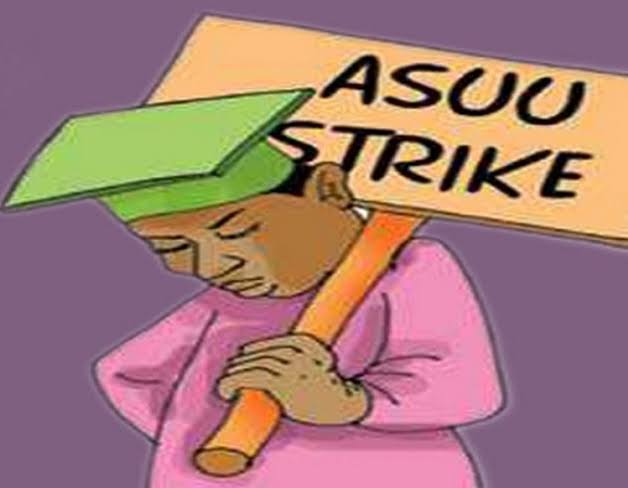Delta State Created Universities: New Dawn Or Growth Only In Theory?

By Jerome-Mario Utomi
From the moment precisely on Tuesday January 26th, 2021, when Governor Okowa via an executive bill forwarded to the State House of Assembly, announced his policy decision, to upgrade three institutions in the state to Universities status, namely; Agbor College of Education, Agbor to Delta State University of Education, Agbor; Delta State Polytechnic, Ozoro to Delta State University of Science and Technology, Ozoro and Delta State University, Anwai Campus to Delta State University of Science and Agriculture, Anwai-Asaba, the decision has enjoyed baskets of conflicting commentaries.
Save for the peripheral applause received, qualifying the development as a reality to worry about is that while the dust raised by critical clouds of opinion has refused to settle or the conversation wane, a new twist has recently been added and scope widened. As some concerned deltans are now calling for further upgrade/creation of more universities in the state to reflect the state’s ethnic spread/coloration.
Indeed, while Deltans with critical minds are not unmindful of the fact that no amount invested in education will be considered outrageous, making this new call ‘newsy’ is that it came at a time when stakeholders are not only disturbed about, but scratches their heads to fathom how the state government will muster the needed funds to kick start the already upgraded institutions.
Today, there are essentially three groups in this counter, trans, cross and intra commentaries namely; the supporters of the state Government’s initiative (2) those calling for further upgrade/creation of more universities (3) those that view the move as either misguided priority or another political gimmicks.
The boundary between these spheres has persistently shifted back and forth and has often been a source of apprehension.
However, for those that have followed the conversation in the past weeks, one unique lesson the present argument has in my views dispatched is that it more than anything else supports the claim by AL-Gore, former Vice President of the United States of America (USA), that; the validity of democracy depends upon the openness, reliability, appropriateness, responsiveness and two-way nature of the communication environment and upon the regular sending and receiving of signals- not only between the people and those who aspire to be their elected representatives but also among the people themselves. .
In considering some of these patterned commentaries, two varying views from two personalities appear to be the loudest.
Supporting a further upgrade/creation of new campuses is Mulade Sheriff, President of Riverine Communities Development Forum of Nigeria, while Kenneth Yugbovwre, another concerned Deltan, ‘purely and squarely’ sees the newly upgraded institutions as misguided.
To explain this scenarios, during a public hearing recently in Asaba,the Delta state capital over this development, Mulade, according to media reports while commending the Delta State government for upgrading the three institutions to university status which he argues is for the good of youths seeking admission in the State or other States of the Federation, appealed to Governor Okowa to consider sitting one of the universities in the riverine communities to enable the youths in the area access higher education as riverine dwellers find it very difficult to access quality education in higher institutions because of the difficult terrain coupled with financial hardships.
At about the same time when Mulade advocates for more universities, another concerned Deltan, Kenneth Yugbovwre, in an advertorial placed in one of the national dailies argues that a good government that is truly committed to enhancing the admission window in the state for the youths will rather expands the carrying capacity of the faculties in the satellite campuses by providing funds for employment of more qualified lecturers as against engaging in mere virtual exercise of establishing new universities that does not add value to our educational needs.
The statement reads in part; can it be said that the Delta state University has been developed to her optimum status? Are the state resources in a position to fund three additional Universities in the near recession we found ourselves? Has the state government funded primary and post primary schools as the bedrock of the education to the levels desirable? Why shouldn’t the pitiable plight of the mass of unemployed graduate roam the street of Delta state not be a priority challenge to the Delta State Government?
Are new Universities what we need above production outlets to engage our unemployment youth now drifting to yahooism as a result of frustration?
The bland argument that proliferation of universities invariably leads to more admission opportunities for our teeming youths in dire need of education is to say the least the worst fraud a government can subject his people to. Even with the three additional universities, admission challenges for our youths will not be ameliorated. The truth of the matter is that it is the carrying capacity of the faculties in the university that determine how many students can be admitted per academic session. And the former is a function of the number of lecturers/professors available to teach in each of the faculties. As at today the college of medicine of the Delta State University, Abraka is only permitted to admit 50 students per session.
The right way to go is to increase the carrying capacities of the satellite campuses to allow for admissions of more of our youths who are denied admission yearly under federal government discriminatory policies skewed against Deltans. It is time we stop playing politics with education and future of our children. He submitted.
As someone that may not spills his guts easily or allow sentiment to becloud his judgments, this piece will neither confirm nor contradict these opinions. But, it will however, be rewarding if the state government looks into these knitted issues and draw ingrained lessons as there may be objective concerns that makes a lot of sense,
To help the government reflects on these ‘crowed of complaint’, this piece will spread out further questions; why are Deltans kicking in the face of a long standing belief that government is always at liberty to take or discard advice and public opinion in the interest of greater good for the greater number? Is this new initiative laced with capacity to assist the state achieve new dawn in the sector or just mere growth only in theory?
If yes, why is the debate refusing to wane in the face of an accompanying claim that even in a democracy, government may reject people’s opinion as a result of its own convictions, the recommendations of the public service, or the pressure groups? Or is there anything spectacular about this particular development? Are those opposing the initiative saying that our leaders have in the past not given honest accounts, policy decisions or choices similar to the present initiative?
While the state reflects on these sets of question, it is important to yet again underline the fact that public opinion in absolute terms do not always provide clear-cut policy guidance, and even when it is clearly in favor of a certain course of action, the authorities may decide otherwise-particularly when they realize how uninformed, superficial, and changeable most opinions really are.
That notwithstanding, as the debate rages, it will not be characterized as an overstatement to conclude that the present administration may have a sincere desire to move education in the state forward, but there are two major militating factors.
First, like there federal counterpart, there is no clear definition of our problem in the sector, the goals to be achieved, or the means chosen to address the problems and to achieve the goals. Secondly, the system has virtually no consideration for adequately funding the state’s education sector. These are the only possible explanations for this situation.
Utomi, is the Programme Coordinator (Media and Public Policy), Social and Economic Justice Advocacy (SEJA), Lagos. He could be reached via;j[email protected]/




